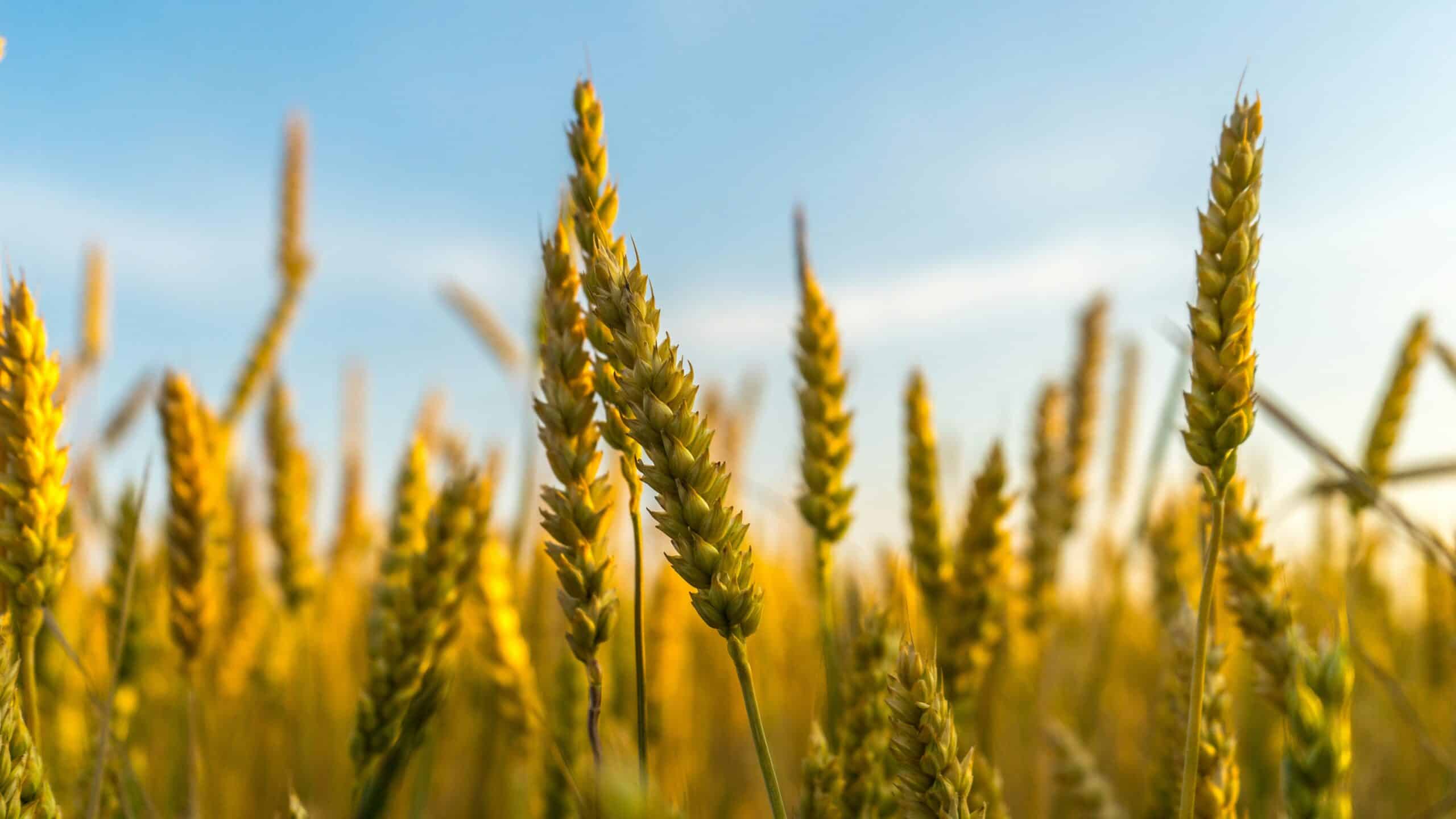Key Takeaways
- Wazoku is supporting the Gates Foundation by hosting an open innovation challenge aimed at helping smallholder farmers build climate-resilient food systems.
- The challenge seeks innovative approaches to identify plant proteins vulnerable to elevated temperatures, focusing on accelerating crop breeding processes for climate adaptation.
- The prize fund for the challenge is $25,000, and submissions close on February 3, 2025.
- Wazoku’s innovation platform, Wazoku Crowd, includes a global network of 700,000 expert problem solvers.
- This initiative supports the Gates Foundation’s ongoing mission to strengthen food security in low- and middle-income countries.
Addressing Climate Resilience in Food Systems
Global innovation scale-up Wazoku has partnered with the Gates Foundation to host an open innovation challenge that focuses on developing climate-resilient food systems for smallholder farmers in low- and middle-income countries. The challenge, titled “Novel Approaches to Identifying Proteins Vulnerable to Elevated Temperature in Crops”, invites innovators to find ways of pinpointing the plant proteins most susceptible to high temperatures, aiming to accelerate breeding processes for thermos-resilient crops.
“All crops have an optimum temperature for growth, and temperatures over this can result in crop failure,” the Gates Foundation stated. Impaired protein function lies at the core of crop sensitivity to heat, making it crucial to identify vulnerable proteins to enhance breeding for climate adaptation.
Innovation for a Warming Planet
“To create a climate-resilient future for our food systems, we must start at the source,” said Nicholas Bate, Senior Program Officer at the Gates Foundation. “As the world prepares for a warming planet, this open innovation challenge presents a critical opportunity for our society to reimagine the solutions required to protect the world’s staple crops, while also ensuring the livelihoods of smallholder farmers and their communities.”
The challenge reflects the Gates Foundation’s commitment to global agricultural development as a pathway to strengthening food security and improving livelihoods in impoverished nations.
Leveraging Wazoku’s Total Innovation Ecosystem
Wazoku’s Total Innovation Ecosystem includes Wazoku Crowd, a network of 700,000 problem solvers spanning scientists, technologists, CEOs, startups, and accelerators. This network has a strong track record in addressing complex global challenges, making it an ideal partner for the Gates Foundation.
“Food security is perhaps our greatest global challenge, and the Gates Foundation has done more than most to try and address this,” said Simon Hill, CEO of Wazoku. “This is an important and complex problem. But the Wazoku Crowd comprises some of the world’s brightest minds in this field, and its track record in finding solutions to such challenges is exemplary.”
Submission and Prize Details
The challenge offers a prize fund of $25,000, with submissions closing on February 3, 2025. Participants are encouraged to propose innovative solutions that address the core issue of protein vulnerability to heat, thereby advancing the development of climate-resilient crops.


